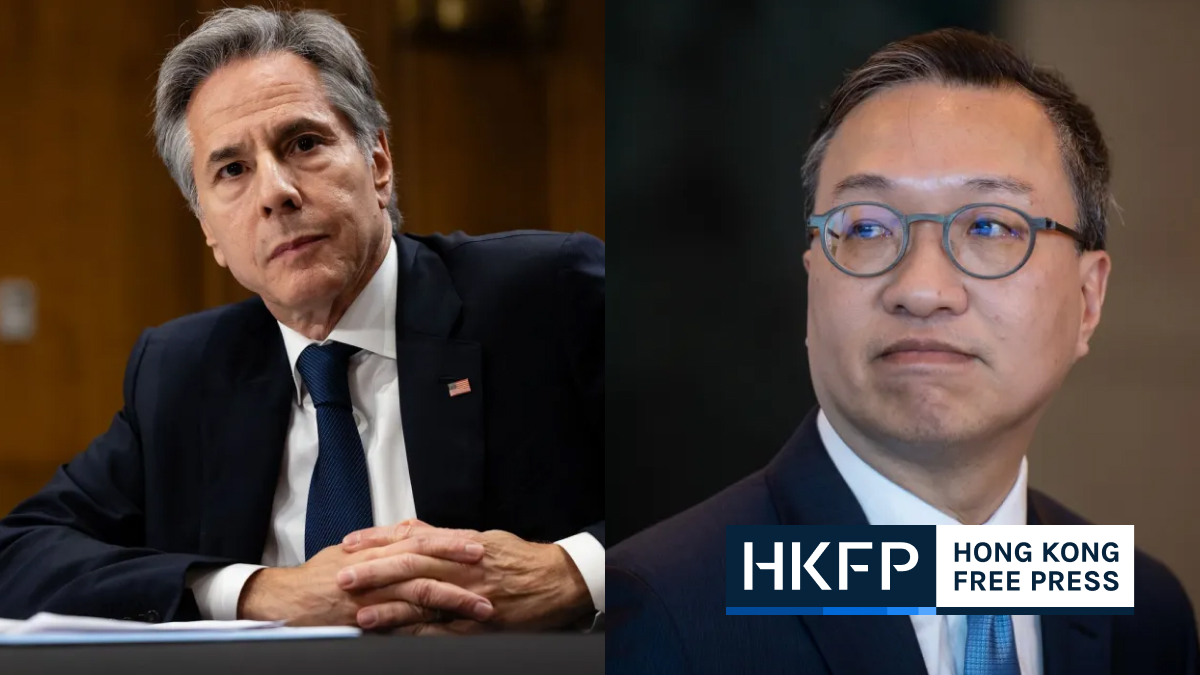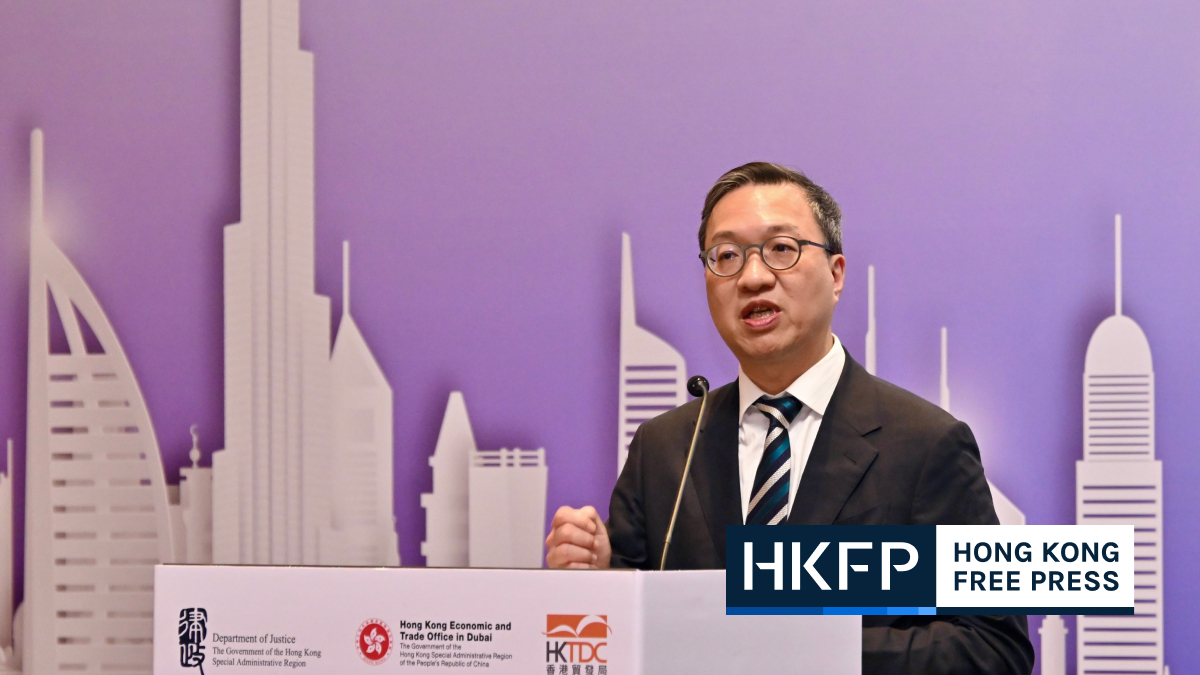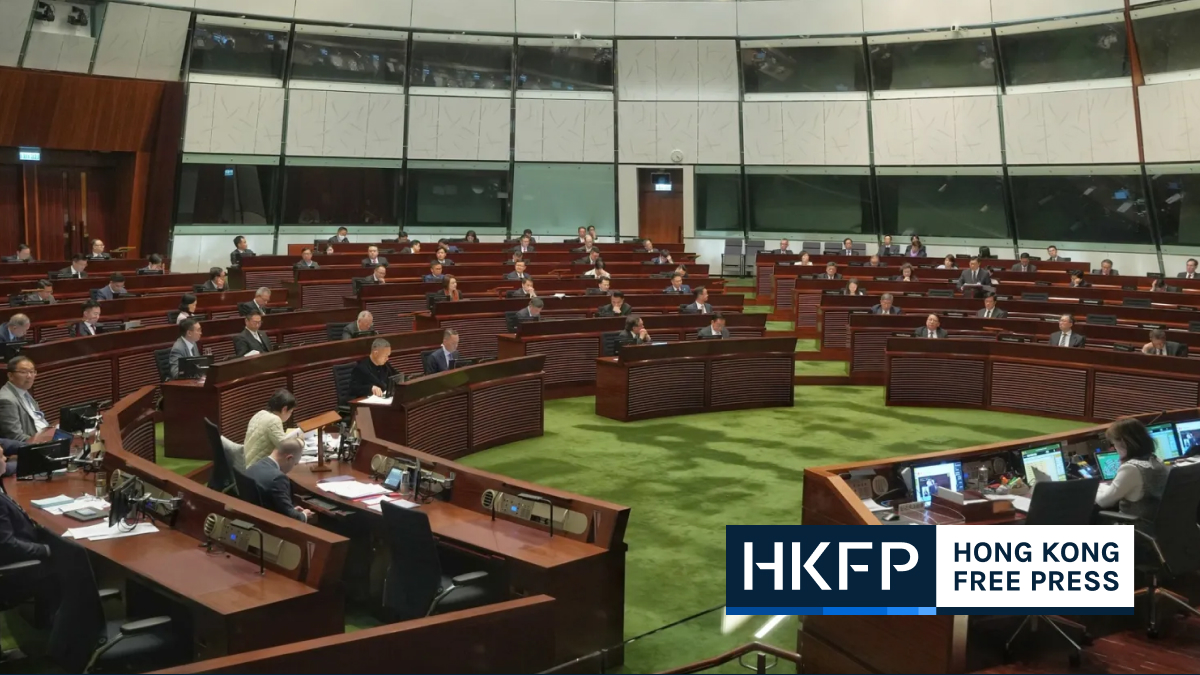Children as young as six in Hong Kong schools will be taught about national security, and the topic will also be included in subjects ranging from geography to biology, under sweeping new guidelines announced by the Education Bureau in the wake of the 2019 protests.
Under the new rules announced on Thursday, schools are also instructed to inform police and parents about incidents involving “political propaganda” – including students chanting slogans, posting material with political messages and asking or coercing other children to follow their political stance.

Children as young as six will be taught the four crimes under the National Security Law introduced last June: secession, subversion, collusion with foreign forces, and terrorist acts, which are broadly defined to include interference with public transport.
Beijing inserted the national security legislation directly into Hong Kong’s mini-constitution – bypassing the local legislature – following a year of pro-democracy protests and unrest. The move gave police sweeping new powers, alarming democrats, civil society groups and trade partners, as such laws have been used broadly to silence and punish dissent in China.
National Security Hong Kong Education by HKFP on Scribd
Police arrested 10,200 people – 40 per cent of them students – in relation to the 2019 anti-extradition bill protests. Separately, 97 people have been arrested under the national security law which provides for punishment of up to life imprisonment.
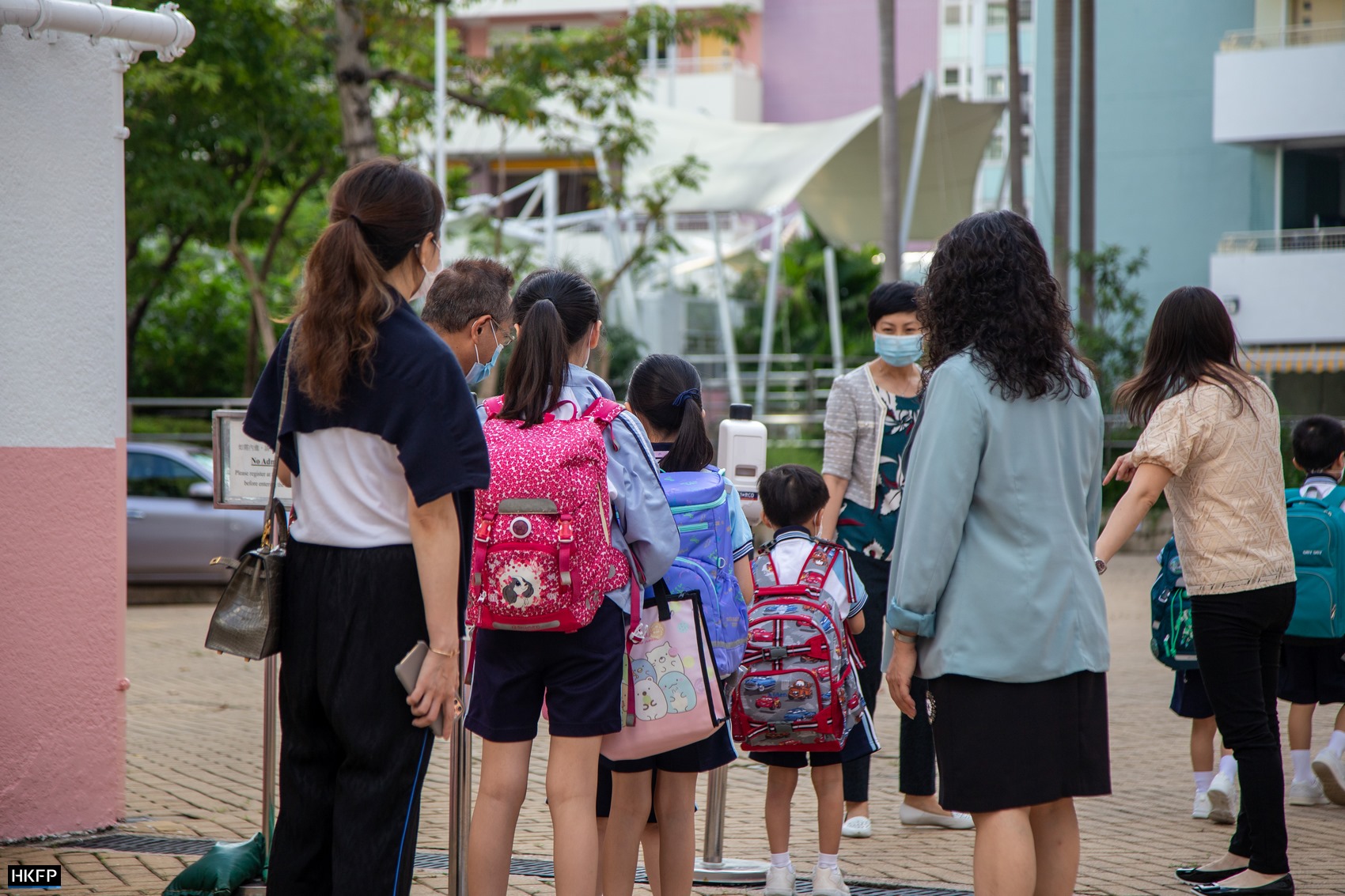
The guidelines announced on Thursday also aim to teach senior secondary school pupils to “take the initiative in safeguarding national security,” as well as understanding the importance of the National Security Law in protecting the nation’s sovereignty.
Students will be taught to “understand the brilliance of Chinese culture” and “recognise the important fundamentals of protecting cultural safety in the maintenance of national and ethnic unity and national stability.”
Subjects such as geography and biology would also include topics such as the “nine-dash” line, the disputed border under which China claims almost all the South China Sea as its territory.
‘Even more pressure’
Fung Wai-wah, president of the Hong Kong Professional Teachers’ Union, said the government had essentially shifted the responsibility entirely to schools.
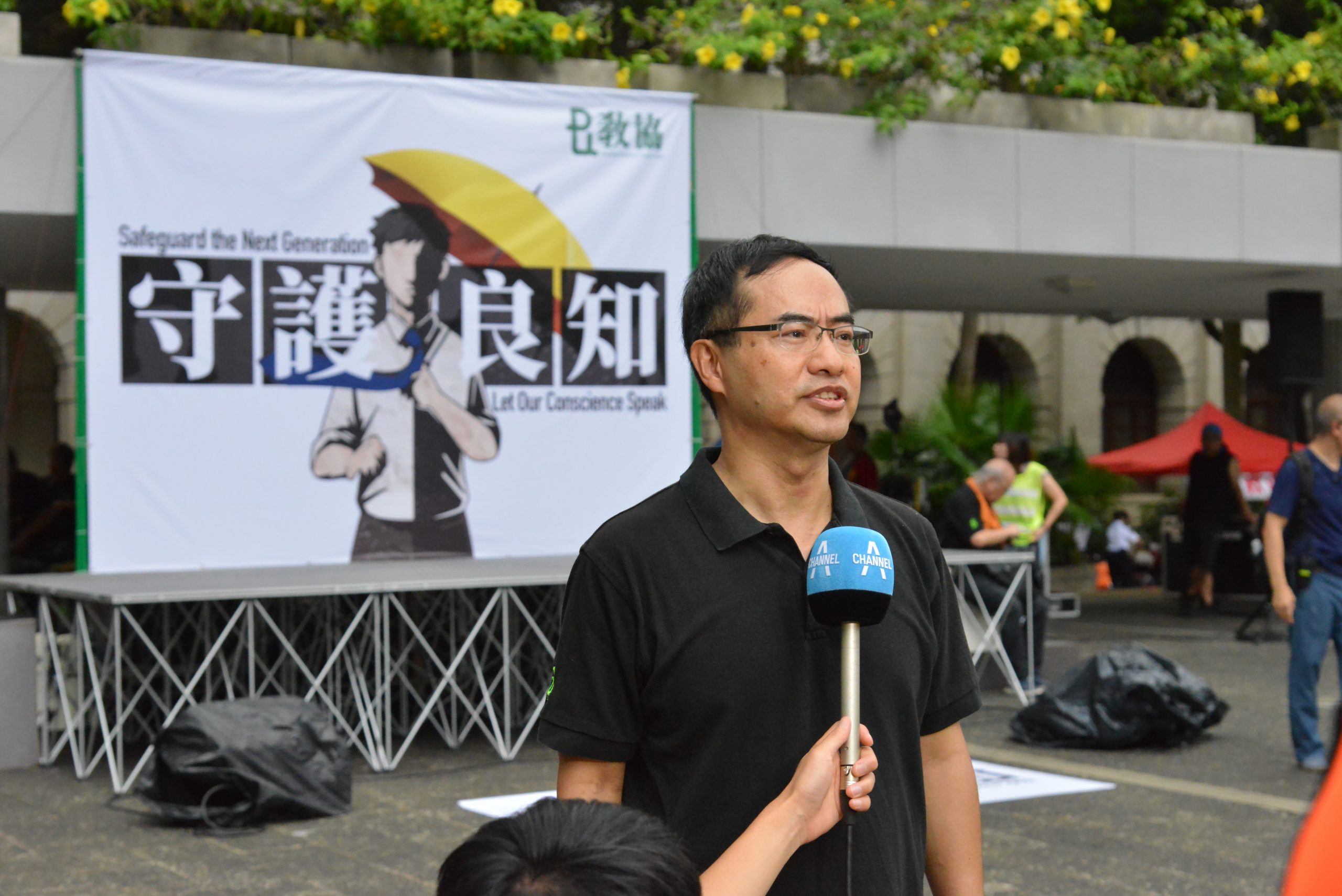
“To have schools make all these efforts at gatekeeping will put immense pressure on schools,” Fung told HKFP. “Normal teaching work will be affected as schools are asked to take care of work like this.”
“(The guidelines) will further increase the burden on teachers and schools at a time when ordinary teaching and grading work is already strenuous… Now that the responsibility of political gatekeeping is also given to schools, it will put even more pressure on them, making it difficult for management and teachers to handle.”
Support HKFP | Policies & Ethics | Error/typo? | Contact Us | Newsletter | Transparency & Annual Report | Apps
Help safeguard press freedom & keep HKFP free for all readers by supporting our team






















